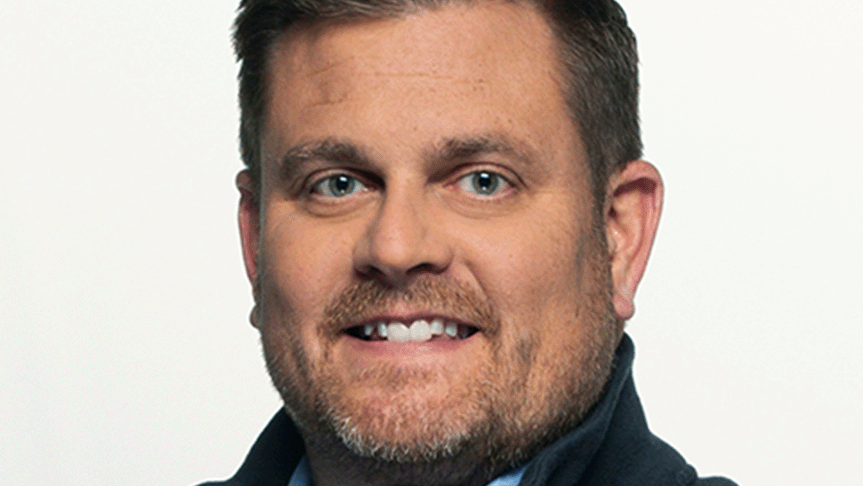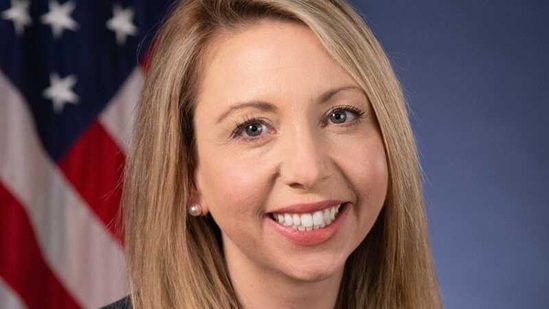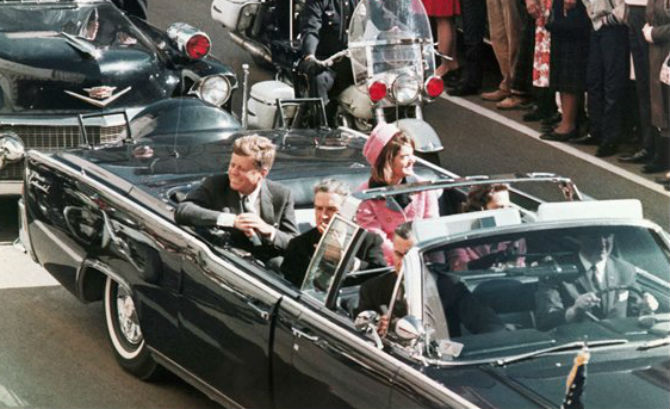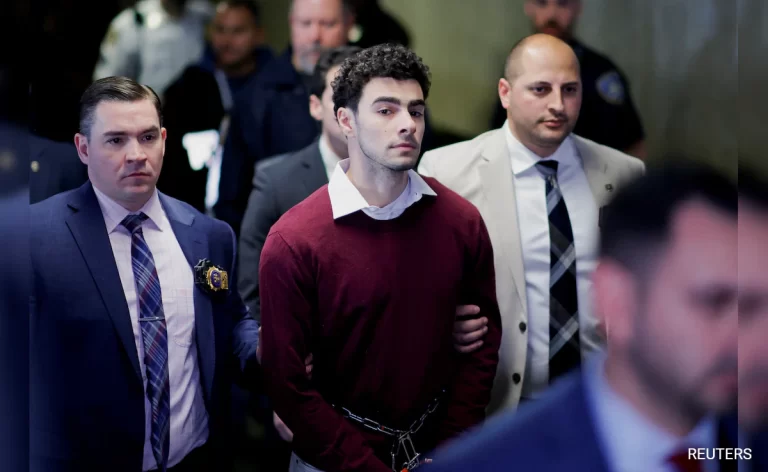
The arrest of Luigi Mangione for the murder of United Healthcare CEO Brian Thompson has rocked the corporate and medical world alike. Official narratives point to a lone actor with alleged grievances, but independent researchers and conspiracy theorists are asking deeper questions. Could this be the latest play in a high-stakes game of corporate sabotage, masterminded by an insurance cartel seeking domination?
The Rivalry Beneath the Surface
The health insurance industry is notoriously cutthroat. Behind the polished PR campaigns lies a web of power struggles, secret deals, and ruthless competition. United Healthcare, one of the largest players in the game, has long been a target of envy and animosity. Recent reports suggest that a coalition of rival insurance firms had grown increasingly alarmed by United Healthcare’s dominance and its innovative models for cost-cutting and customer retention. Could these competitors have decided to act decisively to destabilize their biggest rival?
Mangione: A Convenient Fall Guy?
Luigi Mangione, the alleged perpetrator, was an enigmatic figure in this puzzle. Public records reveal little about his professional background or personal motivations. However, investigators have uncovered intriguing connections between Mangione and consultancy firms linked to rival insurers. These firms, known for their aggressive strategies, have been implicated in prior corporate espionage scandals. Could Mangione have been manipulated, either through coercion or financial incentive, into carrying out an act that would serve the interests of this shadowy alliance?
The CEO’s Role in Innovation
The late CEO of United Healthcare was reportedly spearheading initiatives that could have reshaped the insurance landscape. A particularly contentious project involved the introduction of advanced predictive analytics to reduce fraud and optimize care—a move that threatened to expose inefficiencies and questionable practices in the broader industry. Rival firms, worried about losing market share, might have viewed these innovations as a direct threat to their bottom line.
The Smoking Gun: Insider Testimonies
Several whistleblowers have hinted at clandestine meetings between executives of rival insurance firms, allegedly aimed at forming a cartel to influence market dynamics. These meetings—often held under the guise of industry conferences—may have included discussions of more aggressive tactics to undermine United Healthcare’s leadership. While hard evidence remains elusive, the patterns are difficult to ignore. Read more about cartel behavior in the insurance industry.
Media Silence and the NDAs
Adding to the intrigue is the lack of coverage from major outlets, which have largely dismissed alternative theories. Insiders speculate that this silence may be the result of behind-the-scenes pressure from influential players in the industry. Employees with potential knowledge of these conspiracies have reportedly been silenced through strict non-disclosure agreements (NDAs).
A Precedent for Sabotage
This isn’t the first time the insurance industry has been accused of underhanded tactics. Historical cases, such as the 1998 Healthcare Antitrust Scandal, reveal a pattern of covert operations aimed at eliminating competition. Could Mangione’s arrest be the latest chapter in this ongoing saga?
The Implications
If the insurance cartel conspiracy holds any truth, it represents a dangerous escalation in corporate warfare. This theory suggests a world where profit margins outweigh human lives and ethical boundaries are mere obstacles to be circumvented. The question remains: will the public demand transparency, or will this event be buried under layers of corporate influence?
Stay informed, question the narrative, and remember: the truth is rarely as simple as it seems. For further research, explore industry corruption and follow our updates as we continue to uncover the hidden forces at play.



